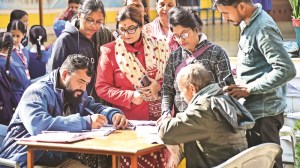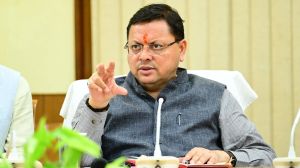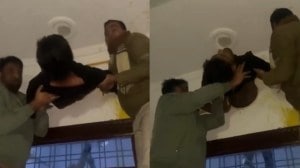Tucked away in Southeast Delhi’s Shaheen Bagh, where buildings press against each other along crowded lanes, is the nondescript first-floor office of Al Shifa Healthcare Services. Neighbours say its doors have remained locked for over a month.

In fact, nothing better illustrates the grey zones in India’s medical tourism sector, where the Delhi-Dhaka kidney transplant racket flourished for nearly three years, than the links drawn by police that allegedly connect Rasel to the other entities named in case records, according to an investigation by The Indian Express.
These records also lift the veil on opaque tie-ups between hospitals and smaller healthcare firms in the country’s medical tourism sector with the aim of driving business but effectively providing a smokescreen for questionable practices.
Some of the alleged connections detailed in case records include:
* Al Shifa acted as a “marketing partner” for Indraprastha Apollo in Delhi and Apollo Hospital in Noida, both part of the Apollo Group, helping to “increase” patient numbers. But it had no formal agreement with these hospitals. Instead, Al Shifa had a legal agreement with Hyderabad-based Medijourn Solutions Private Limited (MSPL), an “extended business development arm” of both hospitals that engages in “promoting healthcare facilities and providing sales”. Records show the health facilitators’ payment, in the form of commissions to Al Shifa, were routed through MSPL.
* Records show that although Al Shifa employed Rasel as an interpreter, there was no formal agreement with him. Yet, they show, Rasel was allegedly issued an official ID card as “authorised coordinator” by Indraprastha Apollo, allowing him access to hospital premises and involvement in key processes, including embassy clearances and patient documentation.
Story continues below this ad
 66 such surgeries between January 1, 2018 and March 31, 2023 at Apollo Hospital, Noida. (Express photo by Gajendra Yadav)
66 such surgeries between January 1, 2018 and March 31, 2023 at Apollo Hospital, Noida. (Express photo by Gajendra Yadav)
“He was only an interpreter from Bangladesh. He never interacted with us. Our office used to talk to him,” Al Shifa directors Mohammed Afzal Siddique and Abdul Hafeez allegedly told police during the probe. Authorities at Indraprastha Apollo allegedly told police that ID cards were issued on the “request” of Al-Shifa and the purpose was to “coordinate and interpret language of patients coming from Bangladesh”.
On Monday, The Indian Express reported on how the racket revolved around fake family trees and fudged documents that were used to manipulate a stringent organ approval process for foreigners. According to police, the accused transplant surgeon, Dr Vijaya Rajakumari, was associated with Indraprastha Apollo in Delhi and conducted the alleged 20-25 transplants in question at Apollo Hospital in Noida and Yatharth Hospital in Noida. Following her arrest on July 1, the doctor obtained bail from the Delhi High Court on August 23 while denying all allegations.
Responding to queries from The Indian Express, a Yatharth Hospital spokesperson said, “We have stringent protocols for all procedures, including kidney transplants, which involve multiple layers of verification.” The spokesperson also said the hospital has “adhered to all legal and ethical guidelines for transplant procedures” and “fully cooperated with the authorities in their investigation”.
Indraprashtha Apollo in Delhi and Apollo Hospital in Noida did not respond to requests for comment. The Indian Express was unable to reach the management of Al Shifa for comment. “The owner is travelling and currently unavailable,” a staff member said over phone.
Story continues below this ad
 Case records show Dr Vijaya Rajakumari conducted a total of 61 kidney transplant surgeries for Bangladeshi patients between August 7, 2022 and May 13, 2024 at Yatharth Hospital, Noida. (Express photo by Gajendra Yadav)
Case records show Dr Vijaya Rajakumari conducted a total of 61 kidney transplant surgeries for Bangladeshi patients between August 7, 2022 and May 13, 2024 at Yatharth Hospital, Noida. (Express photo by Gajendra Yadav)
Role of key player
According to case records, Rasel was more than just an interpreter. He allegedly disclosed to police that he was involved in fast-tracking approvals from the Bangladesh High Commission for transplants. He also claimed he was entrusted by Dr Rajakumari’s secretary Vikram with delivering patient files to the High Commission in person — a task that, according to police, had to be done in the presence of a hospital-appointed representative as per rules.
In this context, records show that in at least 12 email exchanges provided by the hospital during the probe, approvals from the High Commission were received on the same day the respective patient files were submitted. Out of these, five NOCs were received within 11 minutes, three within 90 minutes and the remaining four within four hours of submission.
Records show Delhi Police have approached the Bangladesh High Commission for more information regarding the case. The High Commission did not respond to a request for comment from The Indian Express.
Case records also suggest that Rasel allegedly acted as an intermediary for foreign patients and handled their financial transactions with hospitals. They show he made payments to Apollo Hospital through UPI from two bank accounts. A total of Rs 17,06,421 was transferred to the hospital from these accounts in amounts ranging from a minimum of Rs 2,000 to a maximum of Rs 1 lakh, including 28 UPI transactions from one and 37 transactions from the other.
Story continues below this ad
Records show that Rasel informed police that Al Shifa allegedly gave him a “25 per cent commission”. “I made Rs 1 crore, purchased a plot in Dhaka worth Rs 12 lakh, and spent Rs 40 lakh to construct the house,” Rasel allegedly told police.
The Al Shifa management, however, distanced itself from Rasel, the records show. “Al Shifa doesn’t even meet the patients referred by interpreters. The interpreters notify the hospital about the patients’ arrival and provide documents — tickets and passports — which are then forwarded to the hospital. Apollo pays Al Shifa according to the terms of their agreement with Medijourn, and after paying the interpreter, Al Shifa is left with just 1% of the total commission,” the firm allegedly told police, according to records.
Calls that connect
Case records also include call detail records (CDR) from January 1-June 17, 2024, which show a large number of calls between Rasel, the surgeon’s secretary Vikram and another accused Sharique.
According to police, Rasel allegedly told them that he had direct contact with Vikram but not with the doctor due to his limited fluency in Hindi and English. Instead, he allegedly told police, Sharique would speak to Dr Rajakumari on his behalf.
Story continues below this ad
The call records allegedly show: Rasel received 140 calls from Vikram’s primary and 40 calls from his secondary numbers — and he made 43 calls to Vikram’s primary and 29 to his secondary numbers; Vikram received 113 calls from Dr Rajakumari and made 17 calls to her; Rasel received 279 calls from Sharique and made 157 calls to him; and, Sharique received 55 calls from Dr Rajakumari and made 14 calls to her.
Documents under scanner
Records show Rasel allegedly had access to purported letterheads of doctors and lab investigation reports, which were used to extend visas. They show that police showed authorities at Indraprastha Apollo five such documents they had seized: a purported blank letterhead from the hospital; a purported visa extension letter addressed to the foreigners registration office for Rasel on a letterhead from Dr Rajakumari dated April 2, 2024; a purported OPD prescription dated May 17, 2024, for Rasel on the letterhead of a senior nephrologist; another purported OPD prescription dated May 17, 2024, for Rasel on the letterhead of an orthopaedic surgeon; and, lab investigation reports dated May 7, 2024.
The hospital told police that all of these documents were either “not genuine”, did not belong to the listed authority, or were “forged and fake”.

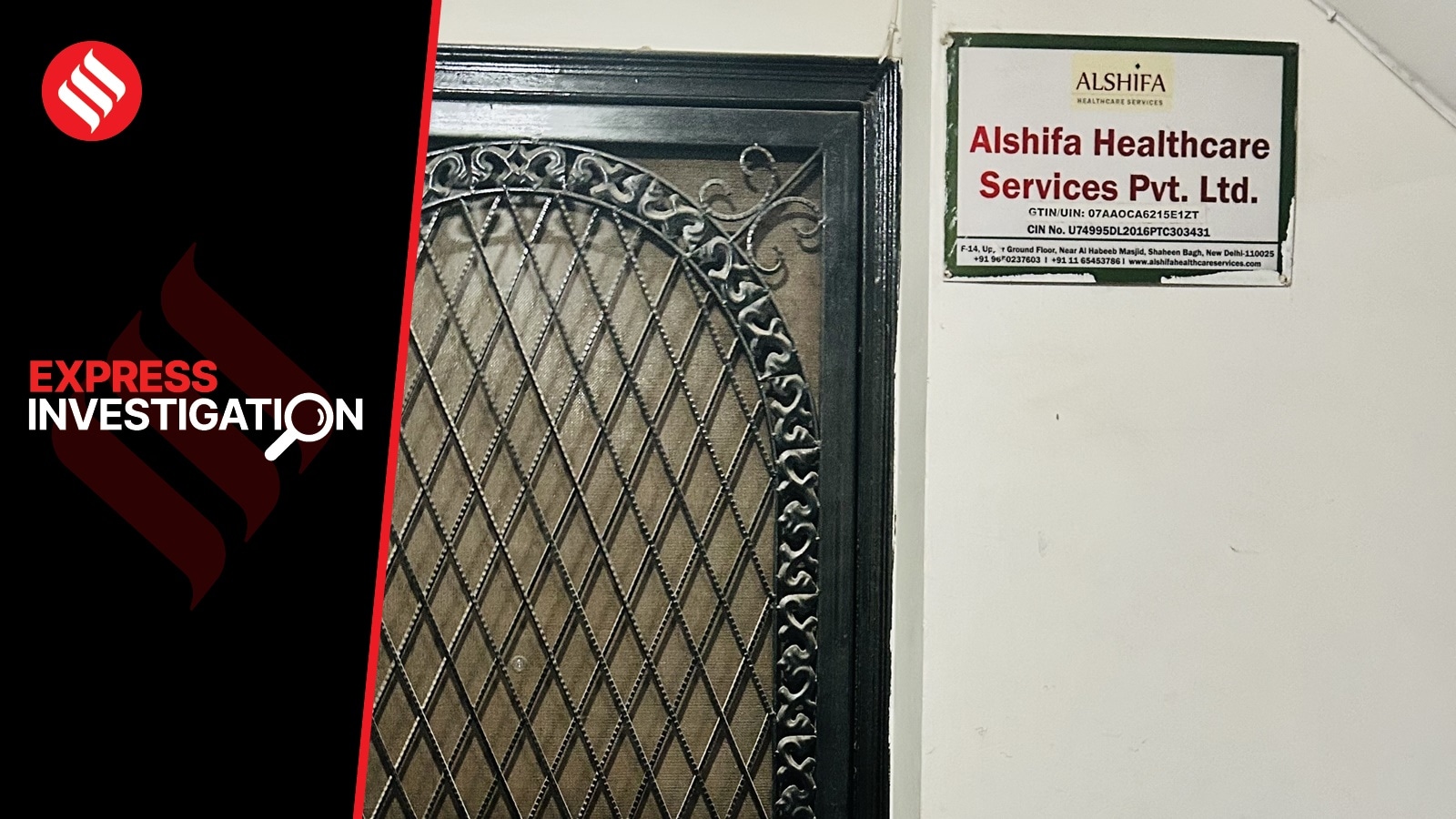

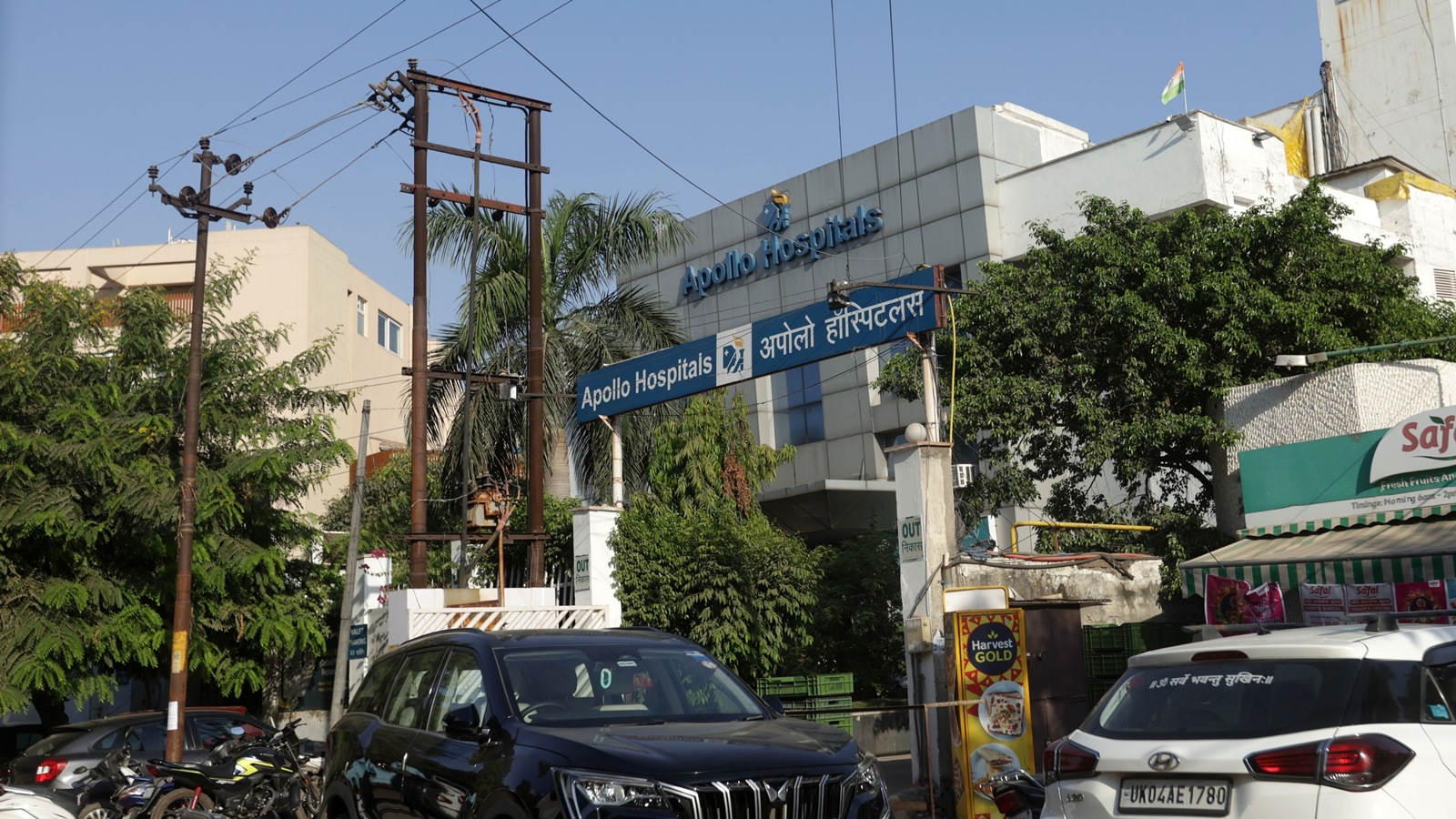 66 such surgeries between January 1, 2018 and March 31, 2023 at Apollo Hospital, Noida. (Express photo by Gajendra Yadav)
66 such surgeries between January 1, 2018 and March 31, 2023 at Apollo Hospital, Noida. (Express photo by Gajendra Yadav)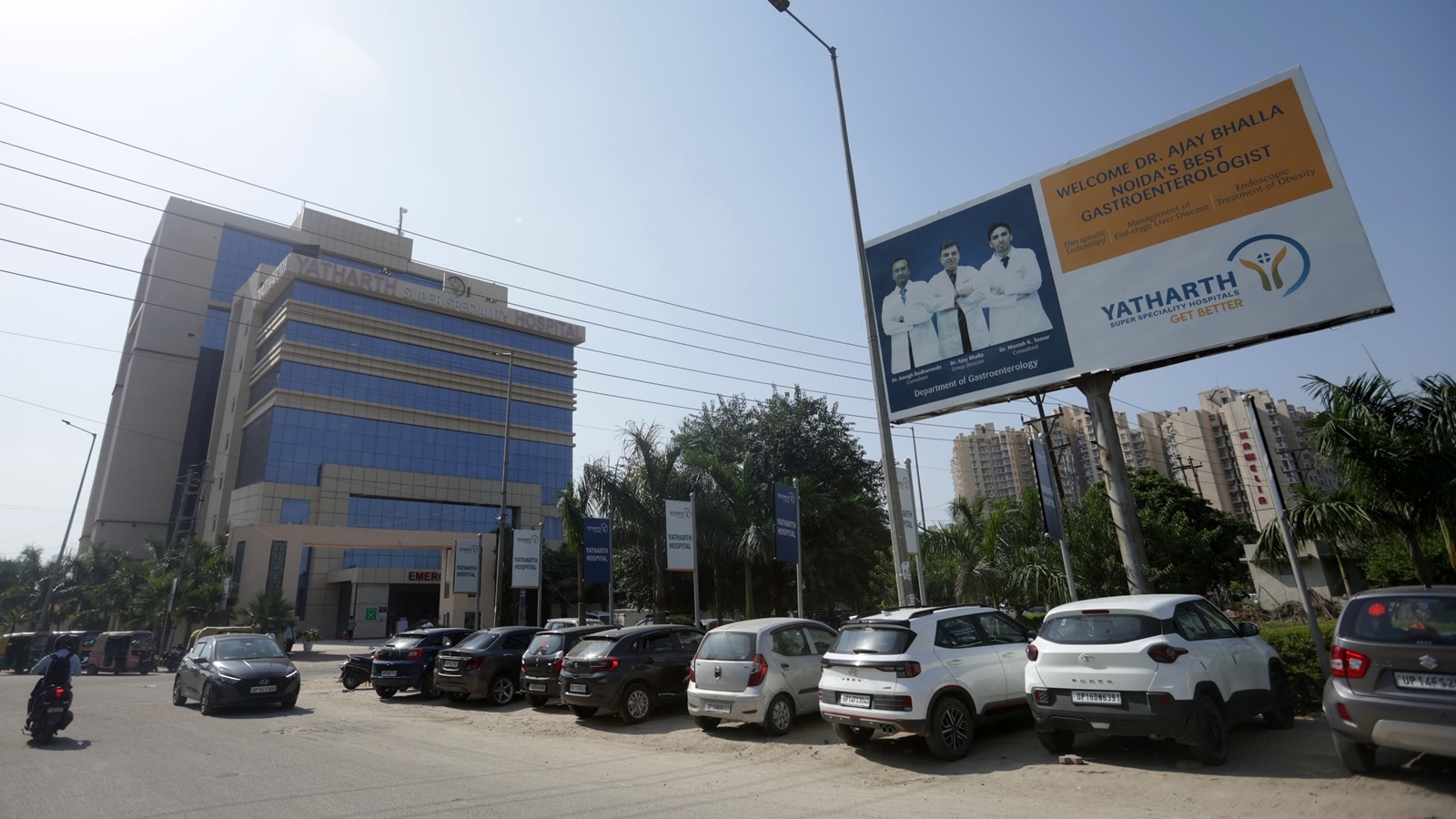 Case records show Dr Vijaya Rajakumari conducted a total of 61 kidney transplant surgeries for Bangladeshi patients between August 7, 2022 and May 13, 2024 at Yatharth Hospital, Noida. (Express photo by Gajendra Yadav)
Case records show Dr Vijaya Rajakumari conducted a total of 61 kidney transplant surgeries for Bangladeshi patients between August 7, 2022 and May 13, 2024 at Yatharth Hospital, Noida. (Express photo by Gajendra Yadav)







